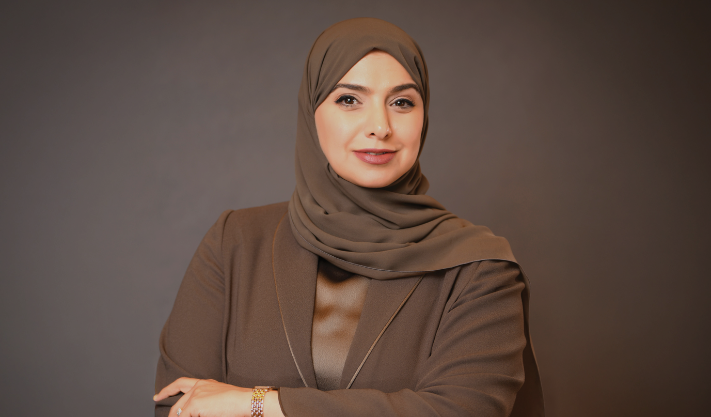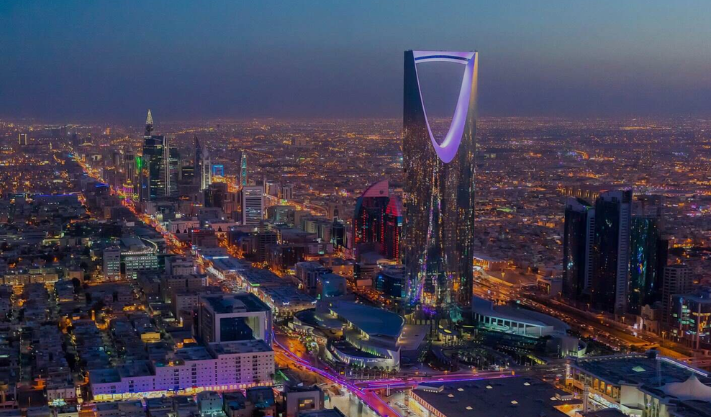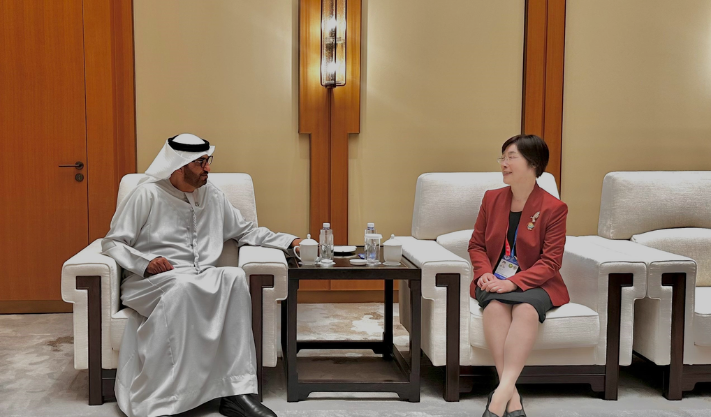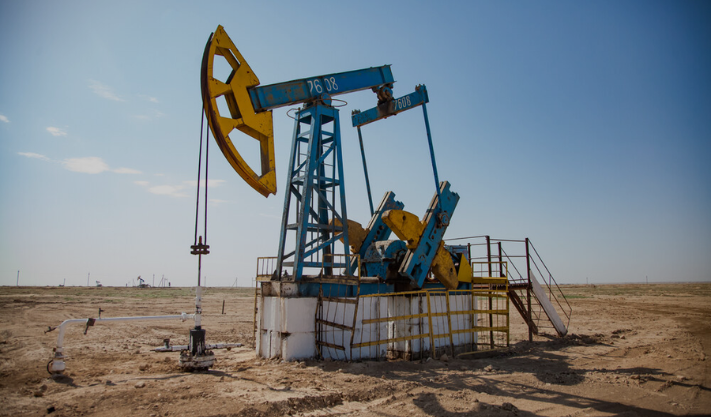Exclusive: How Amna bint Abdullah Al Dahak is Leading the UAE’s Global Efforts on Climate Action
This story was featured in our October 2024 issue, highlighting sustainability leaders in the Middle East.
Though the dry climate of the oil-rich Middle East may not seem ideal for climate innovation, the U.A.E. is becoming a global leader in sustainable development. In February, the President of the U.A.E., Sheikh Mohamed bin Zayed Al Nahyan, launched the Mohamed bin Zayed Water Initiative to address the urgent issue of global water shortages. According to UNICEF, up to 4 billion people face water shortages at least once a month, and by 2025, half the world could live in water-stressed areas. The initiative aims to invest in solutions, promote innovation, and increase international cooperation.
Soon after, the U.A.E. partnered with the XPRIZE Foundation to launch a five-year competition called XPRIZE Water Scarcity. With $119 million in prize money from a $150 million investment by the water initiative, the goal is to encourage inventors to develop new technologies for seawater desalination, helping to provide more clean water worldwide.
The challenge is to figure out how we can improve our water security in places that don’t naturally have much water, without harming the environment,” says Amna bint Abdullah Al Dahak, the U.A.E.’s Minister of Climate Change and Environment. “We also want to offer grants and support small projects that need help to show they work. If successful, these solutions could benefit not just the U.A.E., but the whole world.”
The minister explained that water shortages and food security are some of the biggest climate issues in the Middle East. On August 30, 2024, she joined top government leaders from the 10 BRICS countries in Moscow for the BRICS High-Level Dialogue on Climate Change. They discussed sustainable farming, setting up a BRICS grain exchange, and other important topics.
“We had really good discussions, especially since I’m new to this group and getting to know the people involved in climate work,” Al Dahak said. “When we talk about climate change, we often ask which countries are most affected by it. The U.A.E. is already in a very hot region, and one of the challenges we’ve faced from the start is growing food in dry, desert-like conditions.
Food and water security is not just a problem for the Middle East. A 2024 report by the Food Security Information Network and the Global Network against Food Crises found that in 2023, nearly 282 million people (21.5% of the population in 59 countries) experienced severe food shortages and needed urgent help. This situation is made worse by extreme weather caused by climate change. Al Dahak explains that climate disasters also cut people off from supplies, leaving them stranded without food or other resources for days.
In December 2023, the UAE hosted the COP28 climate conference and introduced important new initiatives, including a $792 million ‘loss and damage fund.’ This fund, first proposed in 1991, was finalized on the first day of COP28. It will help vulnerable countries cope with climate change and prepare for future challenges, with the UAE contributing $100 million. Al Dahak calls this fund a “dream come true” for these countries and sees it as a major step toward securing climate financing. She emphasizes that this issue will remain a priority, especially as COP29 approaches.
Al Dahak, a scientist and advocate for nature-based solutions, draws on her background in science to promote change. “When I was in fourth grade, I always said I wanted to be a scientist,” she shares. “I feel like I’ve achieved that dream, and now I’m using my scientific knowledge to support both national and international goals.”
After studying computer science and engineering, Al Dahak joined the UAE’s Ministry of Education, working on capacity-building, innovation, and entrepreneurship. During the COVID-19 pandemic, she became the government’s spokesperson. On January 6, 2024, she started her current role. Laughing, she describes herself as a “hybrid model,” saying, “I’ve combined science and engineering in a way that I think has produced the best outcomes for me.”
Her love for nature and science is still a big part of what she does, and this shows when she talks about some of the government’s major investments. One example is planting mangrove trees in the U.A.E. and other countries. Mangrove trees are very good for the environment because they remove four times more carbon dioxide per hectare than tropical rainforests.
In May 2024, construction began on the Mohamed bin Zayed-Joko Widodo International Mangrove Research Centre on Bali Island in Indonesia. The U.A.E. has invested $10 million in this project, aiming to plant 100 million mangrove trees by 2030. Al Dahak says, “Nature has many solutions, we just need to understand and work with them.” She adds that mangroves are one of the best ways to fight climate change, and countries are working together to restore these ecosystems in as many places as possible.
At the BRICS meeting in August, the minister shared that the U.A.E. has already invested about $50 billion in renewable energy projects in 70 countries and will invest another $50 billion in the next 10 years. While this is a step toward a greener future, the U.A.E. is still one of the world’s biggest oil and gas producers, making 4.1% of the world’s oil in 2023, ranking eighth globally.
In December 2023, COP28 President Sultan Al Jaber explained that fossil fuels will still be needed for now, even as investments in renewable energy grow. He stressed the importance of balancing energy needs with environmental goals, saying, “We must meet the energy demands of growing populations and provide energy access to 800 million people who still don’t have it, while building a cleaner future.”
Al Dahak agrees that the world needs to shift away from fossil fuels, but doing it too fast could hurt economies and people’s lives. “We need to make sure countries have a steady energy supply because economic growth and people’s livelihoods depend on it,” she says. “We must be practical, but also creative and innovative.”
This innovative thinking involves working with businesses, investing in new technology, and encouraging companies to focus on sustainability. She also believes that strong laws and enforcement are needed to push change in the right direction.
In August 2024, the U.A.E. introduced a new law to fight climate change, which will start on May 30, 2025. It requires public and private organizations to report their emissions and reduce them. Companies that don’t follow the rules could be fined between $13,600 and $545,000.
“We are one of the first countries to create a law with penalties for businesses that don’t meet these requirements,” Al Dahak explains. “But it’s important to balance strict rules with incentives. If businesses see how they benefit from going green and understand the government’s vision, they’ll follow along naturally.”
As a mother of six, Al Dahak also stresses the need to involve the education system so future generations can continue leading the way toward a sustainable future. She says that while good progress has been made, there’s always more to do. “We must ask ourselves what else we can do because we have a responsibility to keep moving the world in the right direction,” she concludes.
Published: 15th October 2024
For more article like this please follow our social media Twitter, Linkedin & Instagram
Also Read:
One Year Later: Understanding the Economic Impact of the Middle East Conflict
IHG and Aldar will turn 6 connected hotels on Abu Dhabi’s Yas Island into one large luxury resort
Dubai-based Huda Beauty is considering selling its fragrance division, according to a report





